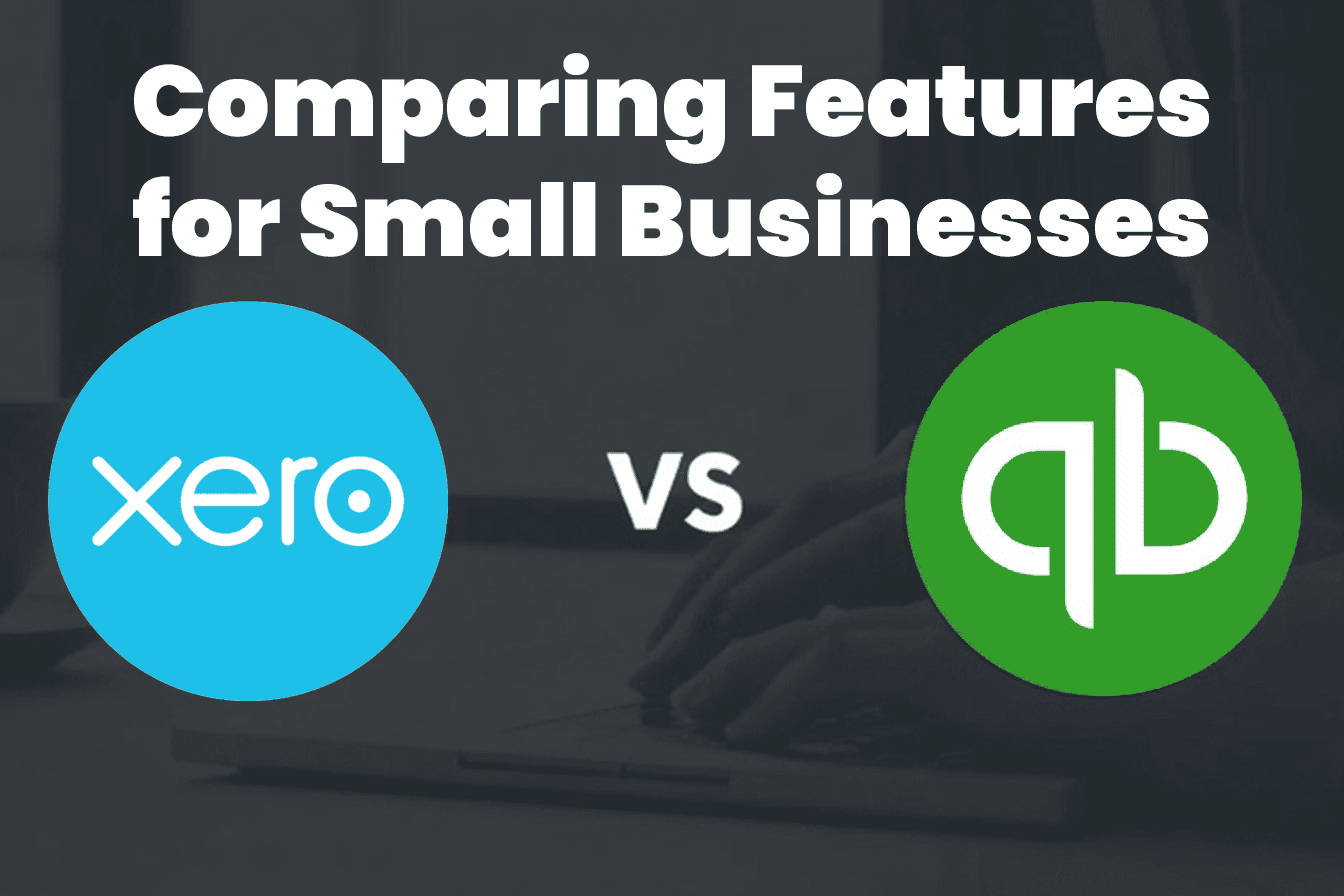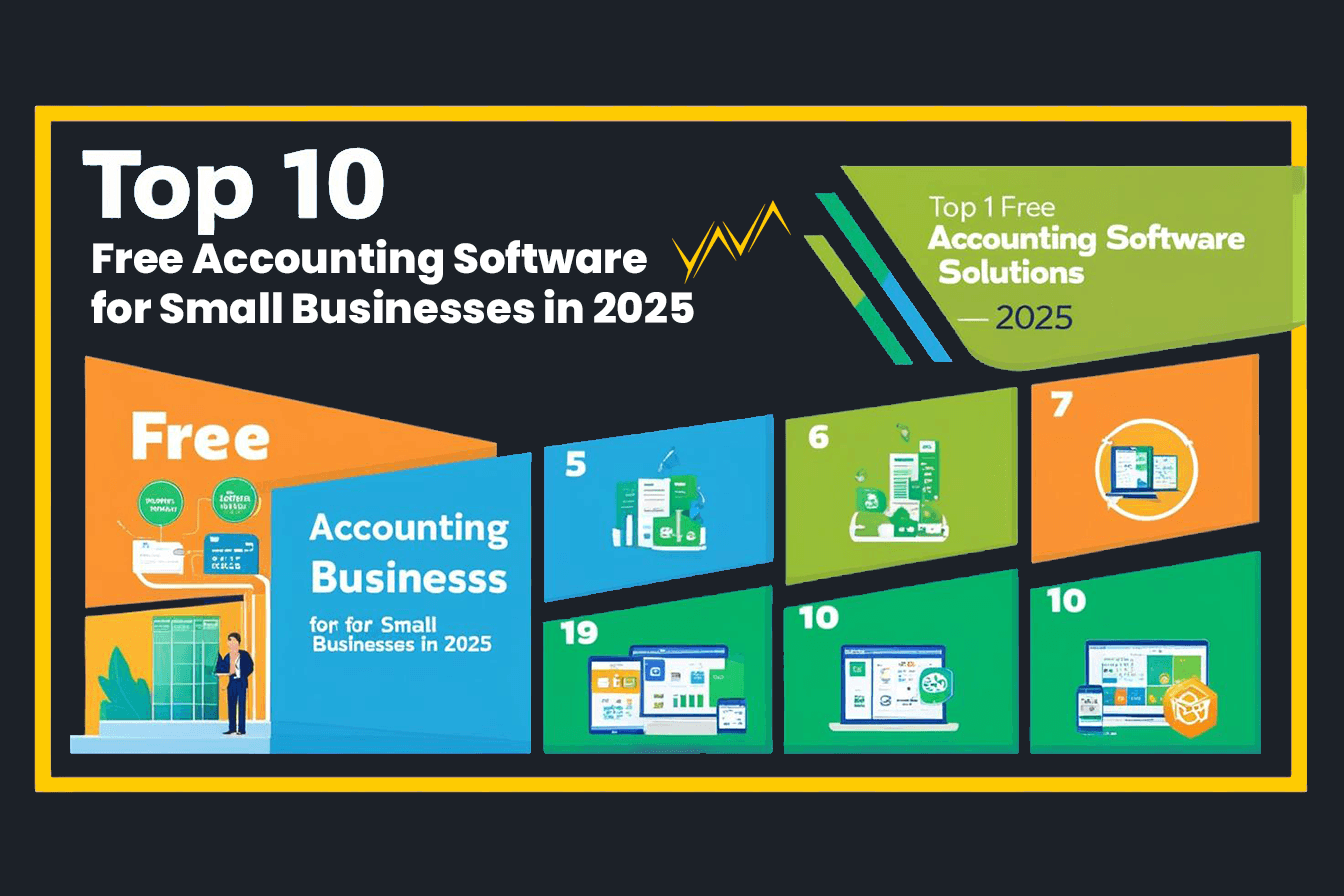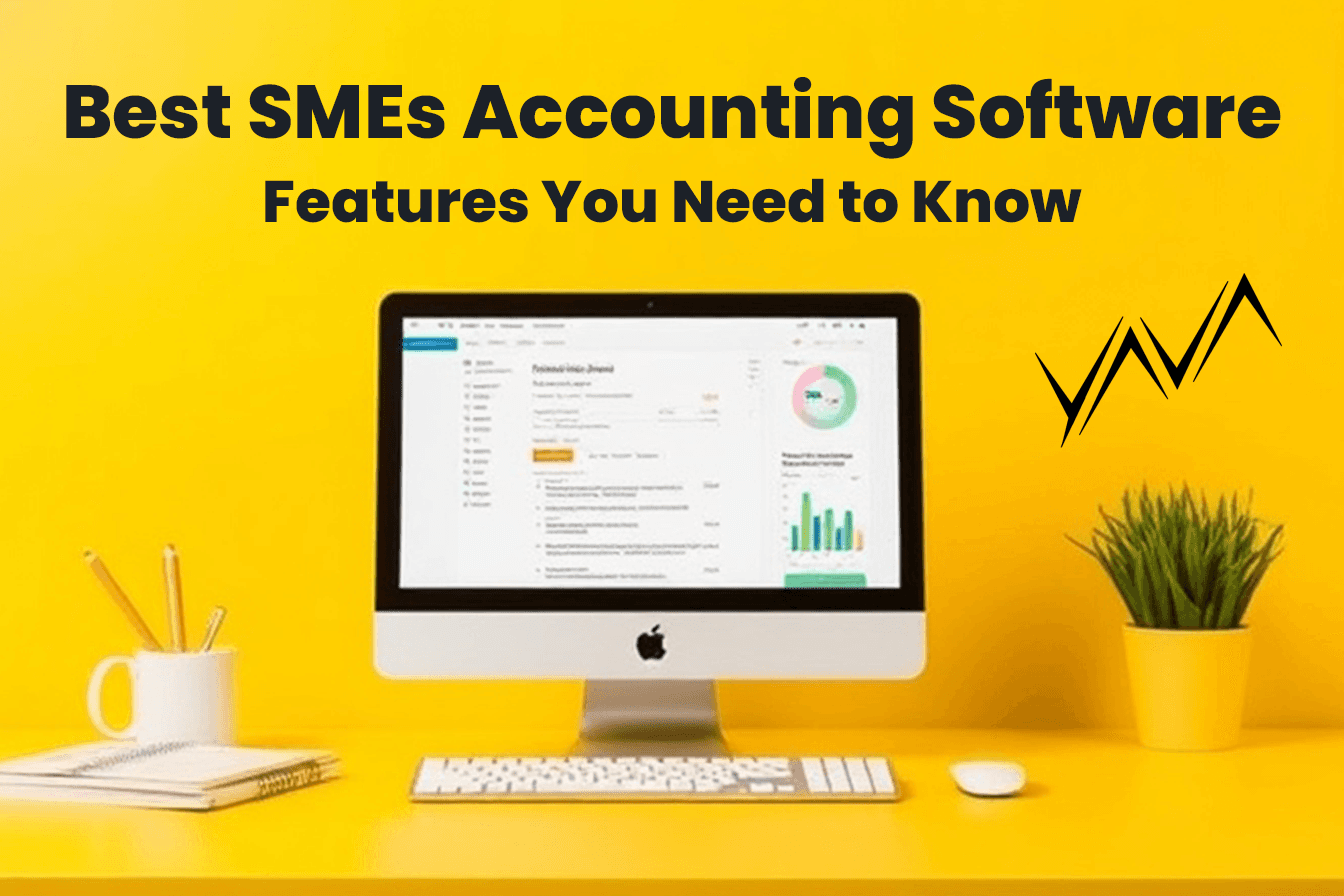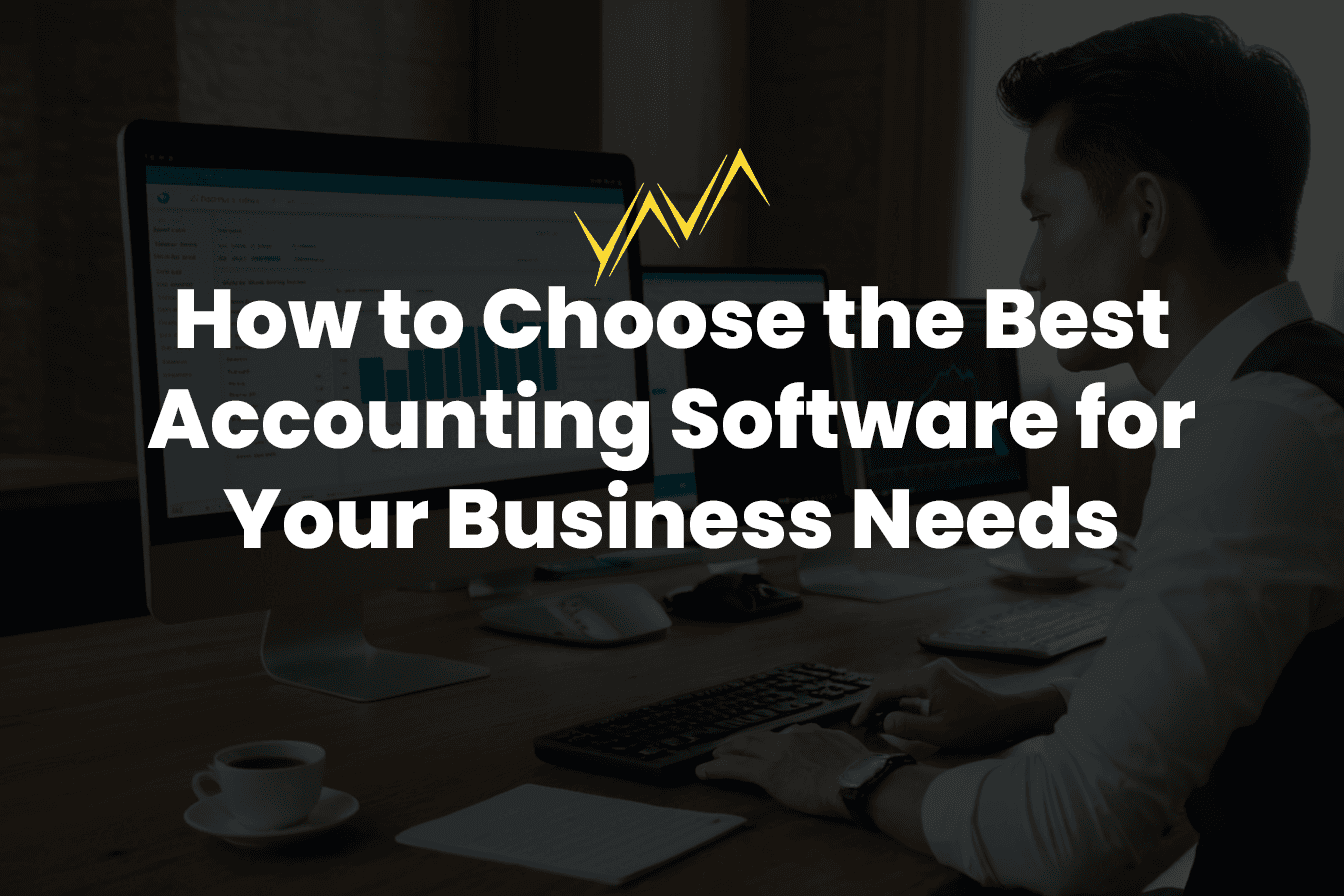Introduction:
Both Xero and QuickBooks are leading accounting software platforms, each with unique strengths. Xero excels in integrations, while QuickBooks offers robust reporting. However, small businesses seeking a free option can turn to YavaBook, which combines ease of use with essential accounting features at no cost.
Overview of Xero
Xero is a cloud-based accounting platform known for its ease of use and integration capabilities. It is particularly popular among small businesses seeking scalability.
Key Features
Cloud-Based Access
Manage finances anytime, anywhere, with multi-device support.Extensive Integrations
Connect Xero with over 800 apps, from payment gateways to inventory management tools.Real-Time Financial Insights
Access live dashboards for cash flow and profitability tracking.Pricing
Plans start at $25/month, with higher tiers offering advanced features like multi-currency support.
For a budget-friendly alternative with cloud-based access, explore Top 10 Free Accounting Software Solutions for Small Businesses in 2025.
Overview of QuickBooks
QuickBooks is another cloud-based accounting tool widely used by small and medium businesses. Its suite of features is designed to handle invoicing, expense tracking, and tax preparation.
Key Features
Automated Invoicing
Set up recurring invoices and automated payment reminders.Expense Categorization
Track and categorize expenses to simplify tax reporting.Robust Reporting
Generate custom financial reports, including profit and loss statements and cash flow summaries.Pricing
QuickBooks’ plans start at $20/month, with advanced options for project tracking and inventory management.
For free tools with comparable features, check out QuickBooks vs YavaBook: Which Accounting Software Should You Choose?.
Head-to-Head Comparison: Xero vs QuickBooks
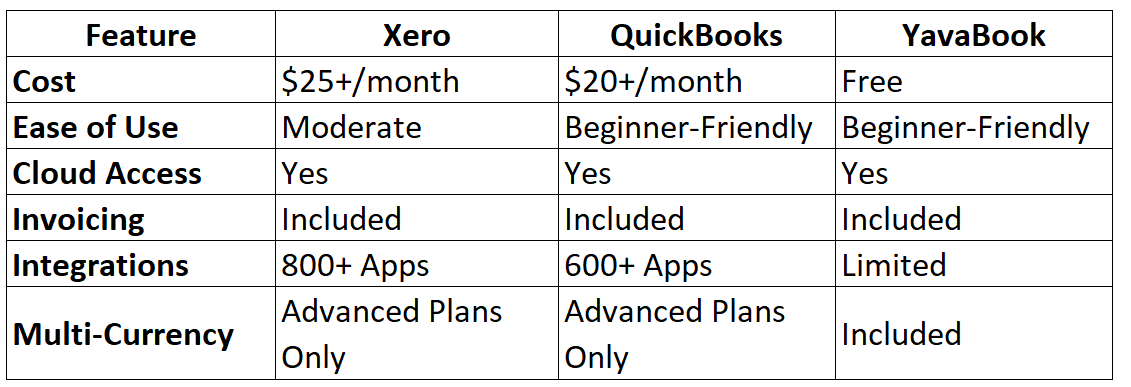
For more on YavaBook’s affordability and features, see Why YavaBook Is the Best Free Accounting Software for Singaporean SMEs.
Strengths and Weaknesses
Xero
Strengths:
Comprehensive integrations for scalability.
Ideal for businesses with global operations due to multi-currency support.
Weaknesses:
Learning curve for new users.
Higher starting cost compared to alternatives.
QuickBooks
Strengths:
Easy to set up and use for beginners.
Strong reporting tools for data-driven decision-making.
Weaknesses:
Add-ons required for advanced features, increasing overall costs.
Limited integrations compared to Xero.
Why YavaBook Is a Cost-Effective Alternative
While Xero and QuickBooks cater to small businesses, YavaBook offers comparable benefits without the subscription fees. Here’s why it’s worth considering:
No Costs Involved
YavaBook is free, making it ideal for startups and SMEs with tight budgets.User-Friendly Interface
Designed for non-accountants, it’s easy to set up and navigate.Cloud Accessibility
Manage your finances anywhere with secure cloud-based tools.Comprehensive Features
Includes invoicing, expense tracking, and GST compliance, crucial for businesses in Singapore.
For a detailed comparison, read Xero Accounting vs Free Alternatives: Are Paid Tools Worth It?.
Real-Life Use Case: A Small Business Comparison
A Singapore-based design firm evaluated Xero, QuickBooks, and YavaBook for their accounting needs. Their findings:
Xero: Offered excellent integrations but exceeded their budget at $25/month.
QuickBooks: Easier to use but required costly add-ons for project tracking.
YavaBook: Provided all essential features for free, including GST-ready invoicing and real-time reporting.
The firm ultimately chose YavaBook, saving over $300 annually and streamlining their financial processes.
How to Decide Which Tool Is Best for Your Business
Assess Your Budget
If affordability is a priority, free tools like YavaBook are a clear choice.
For larger budgets, Xero and QuickBooks offer scalability.
Consider Your Business Needs
Xero is great for integrations and global operations.
QuickBooks is better for beginners who need robust reporting.
Start with Free Tools
Test free platforms like YavaBook to determine whether they meet your needs before committing to paid options.
For more decision-making tips, see How to Choose the Best Accounting Software for Your Business Needs.
Conclusion
Both Xero and QuickBooks are excellent options for small businesses, offering advanced features and flexibility. However, their costs may not justify their value for all businesses. Free platforms like YavaBook provide essential tools without subscription fees, making them a smart alternative for startups and SMEs.
Ready to simplify your financial management? Sign up for YavaBook today and experience powerful accounting features at no cost.
Article by
Webb Poh
CEO and Founder
Published on
Jul 15, 2024
